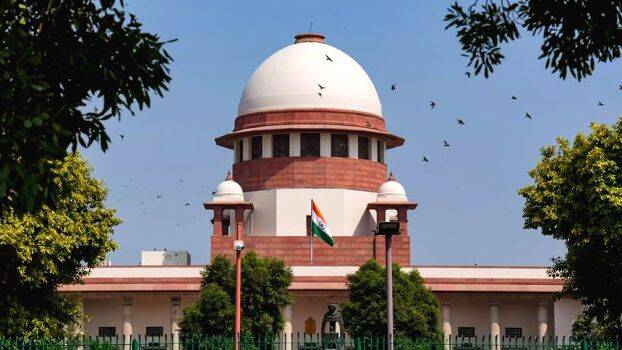

NEW DELHI: The apprehensions of the hill people were relieved after the Supreme Court amended the order of last June that there should be a mandatory buffer zone within one kilometer of the boundary of the protected forests. Construction works and land transactions can continue to be carried out subject to the rules. Meanwhile, the earlier order of no mining within a kilometer radius should be followed. Control of tree felling will continue. Hotels and resorts can operate with restrictions. The buffer zone boundary can be decided by the central and state governments.
The buffer zone issue was affecting more than 1300 hill villages in the country. The new verdict comes in the context of the central government filing a clarification petition against the June verdict, in which Kerala had joined. The Supreme Court pointed out that the buffer zone area within the Sultan Bathery Block Panchayat is a residential area.
Kerala has 17 wildlife sanctuaries and six national parks. The judgment of June 3, 2022, will not apply near national parks and wildlife sanctuaries along inter-state borders.
The court made it clear that the previous order will not be applicable in the areas where the draft and final notification has been issued as per the National Wildlife Action Plan (2002-2016) issued by the Union Department of Forests, Environment, and Climate Change and where recommendations are under consideration before the Ministry of Environment. With this, the one-kilometer buffer zone limit became irrelevant.
In Kerala, a final notification for Mathikettan and draft notifications for 23 other environmentally sensitive areas, was issued.
A bench comprising Justices BR Gavai, Vikram Nath, and Sanjay Karol said that if there is any difficulty due to the central government's final notification, the Supreme Court can be approached directly.
Reason for amendment
Notification to be issued?
The central and state governments can decide about including the area of the eco-sensitive zone in accordance with the 1986 rules. The court directed that the notification should be issued after a thorough examination by a high-level committee comprising experts from 13 institutions including ISRO.